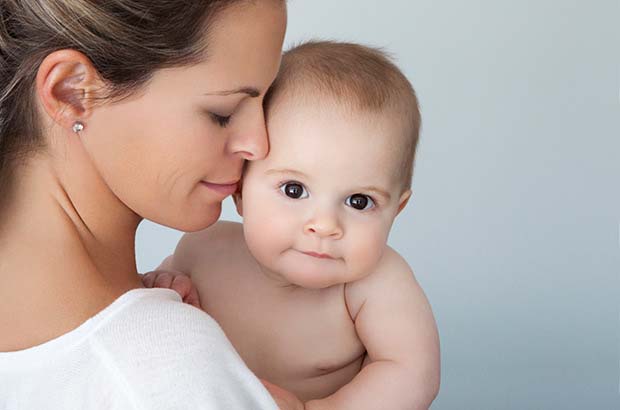The ARC® Fertility Calculator

Calculate Your Fertility by Age
Calculate your fertility indicators by entering your age, height, weight, time trying to get pregnant, information about your ovulation days, cycle and lifestyle.
What Is Female Infertility?
Since 2009, the World Health Organization has defined clinical infertility as a disease of the reproductive system defined by the failure to establish a clinical pregnancy after 12 months or more of regular unprotected sexual intercourse. In 2017, the International Glossary on Infertility and Fertility also defined infertility as an impairment of a person’s capacity to reproduce either as an individual or with his/her partner.
Fertility Diagnosis and Treatment
Specialists recommend starting fertility diagnosis and treatment after 12 months if the woman is below the age of 35; after 6 months for women between 35 and 39; and after 3 months for women 40 or older.
How Age Affects Fertility in Women
Many women don’t fully understand how much their fertility declines with age. As a woman ages, the number and quality (as determined by proportion of eggs with normal chromosomes) of her eggs in the ovaries decrease. This reduction in number and quality of the eggs is called ‘decreased ovarian reserve’ (DOR).
At age 35 about 40-50% of a woman’s eggs are chromosomally normal, at age 40 about 10-20% and then much fewer after that.
A woman’s fertility peaks before the age of 30, with a monthly pregnancy rate between 20% and 25%. This pregnancy rate rapidly declines when a woman approaches her late 30s. About one in two women experiences infertility at the age 40.
Common Medical Conditions that Can Cause Infertility in Women
Talk to a doctor right away if you have had polycystic ovary syndrome (PCOS), fibroids, endometriosis, prior cancer treatment, pelvic surgery, or multiple miscarriages.
Lifestyle Changes to Improve Fertility
There are many lifestyle factors that you can change to improve your reproductive health and ability to have children. Listed below are some suggestions to boost your fertility naturally:
- Reduce or abstain from caffeine and alcohol
- Maintain a Healthy Weight and Diet
- Quit Smoking
- Exercise moderately daily
- Reduce Stress
Fertility Treatments
A diagnosis of infertility does NOT mean that a woman will never get pregnant or become a mother. It does mean, however, that getting pregnant is taking more time than average, and that fertility treatments might be necessary.
When to Consult a Fertility Specialist
If any of your fertility indicators are flashing, make an appointment to see a fertility specialist sooner rather than later.
Find a Fertility Doctor/Clinic Near You
The Fertility Indicators™ chosen for this test were developed using information from the American Society for Reproductive Medicine. Please note that this test is for educational purposes only and the results are not a medical diagnosis. If you find out that one or more of your indicators is flashing a warning signal, please consult your doctor and/or a fertility specialist.
Related Articles:
Fertility Resources
Prevention of Infertility
Find a Fertility Doctor/Clinic Near You
IVF Success Rate Calculator

